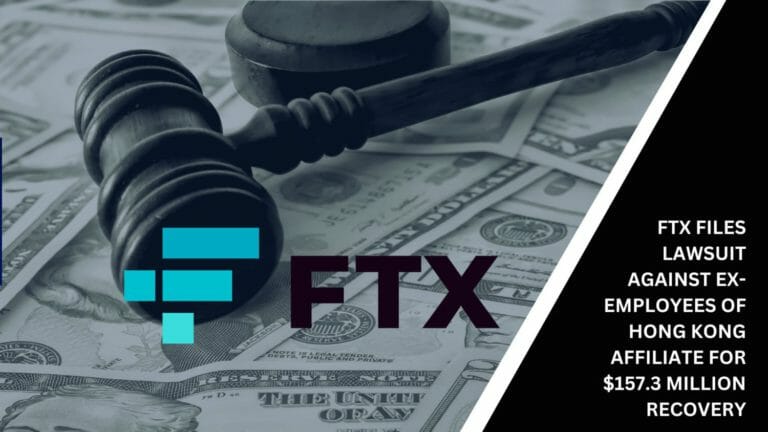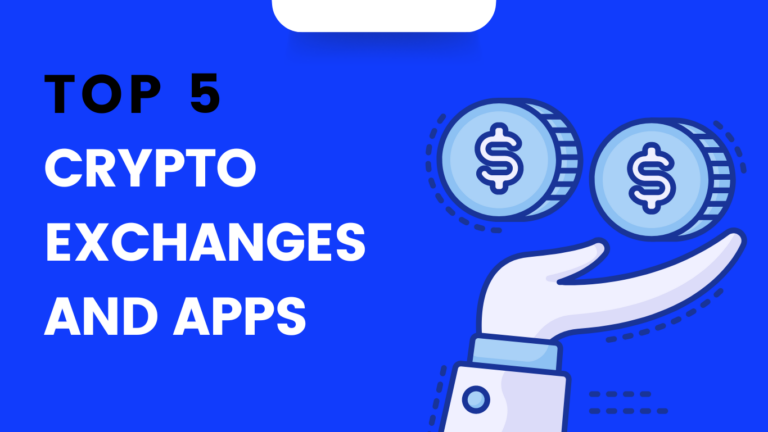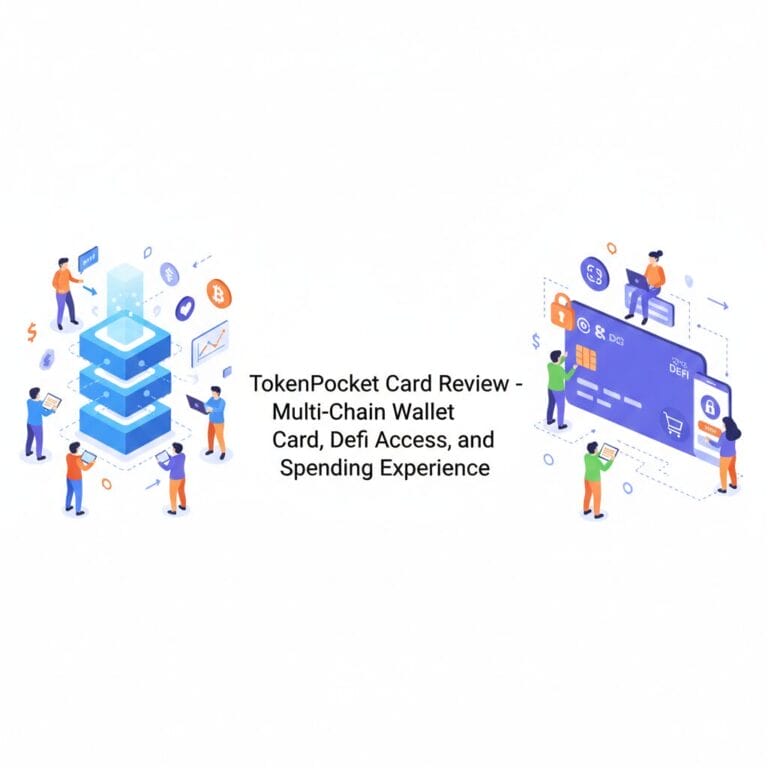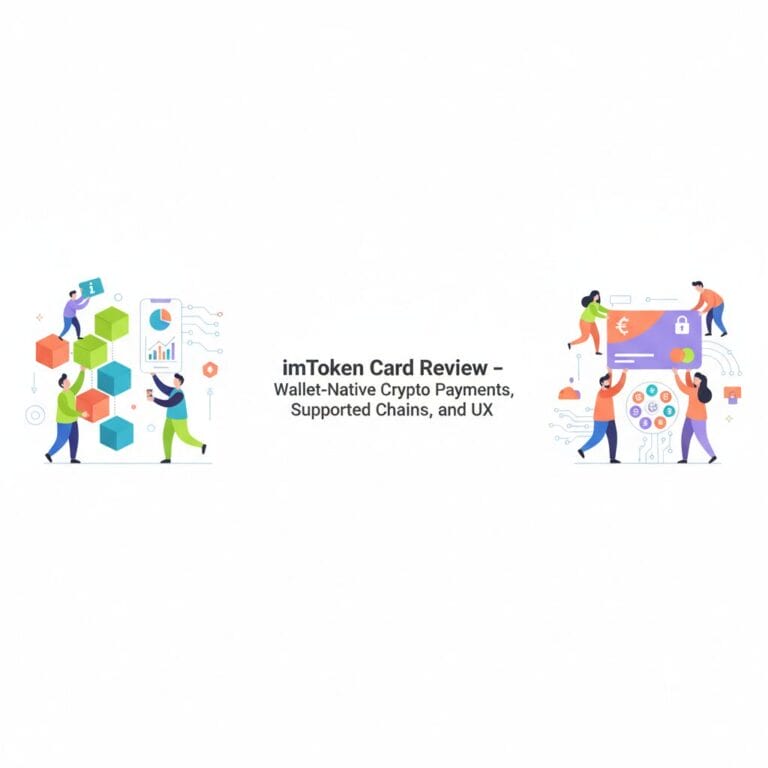Imagine buying shares of Apple, Tesla, or NVIDIA—not through a brokerage, but directly from your crypto wallet. No market hours, no intermediaries, no national boundaries—just pure, 24/7 access to tokenised stocks on the blockchain. That’s the vision behind xStocks, a tokenised-equity platform built to bring traditional financial assets into the decentralised world. Powered by Backed Finance and supported by major exchanges like Kraken, Bybit, and Gate, xStocks allows users to hold, trade, and even use real-world stocks within DeFi applications. In this comprehensive review, we’ll explore what xStocks is, how it works, its products, regulatory framework, pros and cons, and how it compares to traditional investing models.
Table of Contents
What Is xStocks?

xStocks are tokenised representations of real-world equities and ETFs, each backed 1:1 by the underlying share held by a regulated custodian. For example, owning xAAPL means holding a digital representation of an Apple stock. These tokens exist on multiple blockchains—initially Solana, later expanding to Ethereum—and can be traded 24/7 just like cryptocurrencies. This setup enables investors to gain exposure to U.S. equities without opening a brokerage account, while benefiting from blockchain features like self-custody and composability.
xStocks merges two worlds:
- Traditional finance (TradFi): Real, regulated shares.
- Decentralized finance (DeFi): Tokenised, borderless, and programmable assets.
This hybrid model appeals to investors seeking liquidity, transparency, and accessibility beyond conventional systems.
Company Background and Partner Ecosystem
Behind xStocks stands Backed Finance, a Swiss-based fintech company founded in 2021. The firm specialises in real-world asset (RWA) tokenisation—bringing traditional instruments like equities, ETFs, and bonds onto blockchain rails. Backed’s regulated framework in Liechtenstein ensures compliance with EU directives, offering investors a degree of confidence that distinguishes it from unregulated token projects.
The xStocks Alliance includes strategic partnerships with major exchanges and DeFi infrastructure providers:
- Kraken is one of the first exchanges to list xStocks for trading.
- Bybit and Gate.io are expanding access across Asia and Europe.
- DeFi protocols and platforms on Solana and Ethereum are enabling use cases like lending, staking, and on-chain trading.
This broad collaboration strengthens xStocks’ liquidity network and enhances its legitimacy within the tokenisation market.
Product Offering and Token List

xStocks currently offers a diverse portfolio of over 60 tokenised assets, covering blue-chip U.S. stocks and popular ETFs. Examples include:
- xAAPL (Apple)
- xTSLA (Tesla)
- xNVDA (NVIDIA)
- xMETA (Meta Platforms)
- xSPY (S&P 500 ETF)
Each token represents a single share or ETF unit, held by Backed’s custodians. Fractional ownership is available, allowing investors to purchase smaller portions of high-priced equities, such as Tesla or Amazon. The tokens can be redeemed, traded, or transferred across chains, offering seamless interoperability. This is particularly attractive to global investors in regions where access to U.S. markets is limited.
Core Features and Platform Functionality

xStocks distinguishes itself through a combination of accessibility, decentralisation, and innovation.
- 24/7 Trading Availability: Traditional stock markets close after trading hours; xStocks doesn’t. Investors can trade around the clock, reflecting the continuous nature of crypto markets.
- Multi-Chain Flexibility:Initially deployed on Solana for speed and low fees, xStocks later expanded to Ethereum, Polygon, and other ecosystems, ensuring accessibility across multiple DeFi environments. Users can easily connect through a Solana wallet, enabling smooth transactions and cross-chain flexibility.
- Self-Custody and DeFi Integration: After purchasing xStocks, users can withdraw tokens to their wallets, use them in lending pools, trade them through DEX aggregators, or deposit them into liquidity protocols. This makes equities as flexible as crypto tokens.
- Fractionalized Access: High-value shares, such as those of Google or Amazon, can be divided into smaller denominations, democratising access for retail investors worldwide.
- Low-Fee Structure: With on-chain trading and optimised settlement, fees are significantly lower than most brokerages, aligning with DeFi’s ethos of efficiency.
Regulation, Compliance, and Risk Considerations

Regulation remains the most important—and complex—aspect of tokenised equities. xStocks operates through Backed Finance’s regulated framework under Liechtenstein’s Blockchain Act, ensuring compliance with European financial standards. The company works with licensed custodians to hold the real assets backing each token.
However, challenges persist:
- U.S. Investors Excluded: Due to SEC restrictions, xStocks aren’t yet available to U.S. citizens.
- Liquidity Divergence: Prices can drift from the underlying stock during after-hours trading, as crypto markets never close.
- Limited Shareholder Rights: Token holders may not receive voting rights or dividends automatically.
- Custodian Dependency: The 1:1 backing relies on off-chain custodians—introducing trust elements uncommon in fully decentralised exchanges.
Despite these limitations, xStocks provides far more transparency and structure than earlier attempts at tokenised equities.
User Experience and Accessibility
Accessing xStocks is designed to be intuitive yet requires basic familiarity with crypto tools.
Users can:
- Sign up with a partner exchange such as Kraken or Bybit.
- Complete KYC to comply with regulatory standards.
- Deposit funds or stablecoins (e.g., USDC).
- Buy or trade xStocks directly, just like trading any crypto pair.
- Withdraw to a wallet for full self-custody or DeFi participation.
The interface mirrors that of a modern crypto exchange, with clear tickers (xAAPL, xTSLA, etc.), real-time prices, and order books. While advanced users appreciate the DeFi integration, newcomers might find the need for wallet management slightly complex.
Market Reception and Growth Metrics
The market response has been overwhelmingly positive. Following the launch, xStocks recorded over US $1.3 million in trading volume within 24 hours and surpassed US $300 million in its first month. The flagship tokens, like xSPY and xAAPL, remain the most actively traded. Over 20,000 wallets now hold tokenised equities, illustrating a fast-growing appetite for hybrid financial instruments. The momentum reflects a broader industry trend—real-world asset tokenisation, which analysts project could exceed US$10 trillion in value by 2030.
Pros and Cons of xStocks

Pros
- Global Market Access: Enables investors worldwide to trade U.S. equities directly through blockchain without intermediaries.
- Fractional Ownership: Democratises high-value stock investment by allowing small-scale participation.
- 24/7 Trading: Seamlessly aligns with crypto’s nonstop trading model.
- DeFi Integration: Tokens can be used as collateral, in yield farms, or transferred across wallets for greater utility.
- Institutional Partnerships: Collaboration with trusted exchanges like Kraken and Bybit enhances credibility and liquidity.
Cons
- Regulatory Uncertainty: Legal ambiguity persists across jurisdictions, with restrictions for U.S. investors.
- Liquidity and Price Deviations: Tokens may trade at slight premiums or discounts versus real-world equities.
- Limited Shareholder Rights: Token holders often forgo dividends and voting rights.
- Technical Learning Curve: Requires understanding of blockchain wallets and DeFi mechanisms.
- Custodian Risks: Dependence on off-chain custodians introduces counterparty and operational risk.
Who Should Use xStocks?
xStocks is best suited for:
- Crypto investors seeking equity exposure without leaving the blockchain ecosystem.
- Global users in regions with restricted access to U.S. financial markets.
- DeFi participants want to diversify yield strategies with traditional assets.
- Innovative portfolio managers looking to blend crypto and equity exposure seamlessly.
However, traditional investors seeking dividends, tax documentation, or regulated stock ownership should treat xStocks as a complementary—not primary—investment vehicle.
xStocks: Analytics

The xStocks Metrics dashboard on Dune provides a high‑level overview of activity for Backed Finance’s tokenized equities product. The introduction notes that xStocks offers more than 50 tokenised stocks across on‑chain and centralised exchanges, positioning the platform as a pioneer in on‑chain equity trading. At a glance, the dashboard shows there are 61 tokenised stocks listed, and roughly 71,311 unique trading accounts have interacted with them, indicating substantial user adoption. Although the total trading volume tile failed to load, the underlying charts provide insight into trading activity.
The daily trading volume chart illustrates a steady stream of volume between late June and late November with recurring peaks above 6–8 million units. The pattern shows bursts of heightened activity around late June, early August and mid‑October, suggesting that trading interest surges periodically rather than following a smooth trend. The daily trading accounts chart overlays transaction counts and daily active users (DAU); it reveals that transaction counts frequently exceed 4,000 per day and occasionally spike near 8,000, while the DAU line climbs above 20,000 users during peak days. Together, these charts suggest healthy participation and occasional surges, which may correspond to market events or new asset listings.
Another set of charts breaks down trading volume and accounts by asset. The stacked bars show that trading activity is spread across multiple tokenized stocks, with certain assets like TMOx, DFVDx and XOMx contributing noticeably to volume. Finally, the query-results table lists each of the 61 xStock tokens, their corresponding issuer (e.g., Abbott, AbbVie, Accenture, Alphabet/Google, Amazon, Apple), the Solana address of the token, and a link to an official factsheet. This table underscores the breadth of traditional equities that have been tokenised on the platform.
xStocks: Conclusion
xStocks is reshaping the way investors think about stocks. By bringing equities on-chain, it provides continuous access, transparency, and DeFi functionality—ushering in a new era of financial inclusivity. While challenges remain, the foundation laid by Backed Finance and its partners signals a lasting transformation. As tokenisation continues to blur the lines between TradFi and DeFi, xStocks stands at the forefront of this evolution, embodying what the future of investing could look like: borderless, transparent, and decentralised.
Frequently Asked Questions (FAQs)
What is xStocks?
xStocks are blockchain-based tokens representing real-world stocks and ETFs, backed 1:1 by actual assets. They enable global, 24/7 trading of traditional equities through regulated custodians, blending traditional finance accessibility with decentralised finance flexibility.
How does xStocks differ from regular stock trading?
Unlike traditional brokerages limited by market hours and regions, xStocks allows 24/7 global access, fractional ownership, and self-custody. Investors can also use their tokenised stocks in DeFi platforms for lending, staking, and liquidity provision.
Is xStocks regulated?
Yes. xStocks are issued through Backed Finance, regulated under Liechtenstein’s Blockchain Act. However, they aren’t available to U.S. investors yet, and legal frameworks differ by jurisdiction. Each token is transparently backed 1:1 by a real asset.
What are the risks of investing in xStocks?
Key risks include regulatory uncertainty, potential price divergence from underlying assets, and dependency on custodians. Token holders may not have voting or dividend rights, and liquidity may vary during off-market hours or low-volume periods.
Who should invest in xStocks?
xStocks are ideal for crypto-savvy investors and global users seeking exposure to U.S. equities without traditional brokers. They suit those interested in DeFi integration and portfolio diversification but may not be suitable for conservative, dividend-focused investors.









